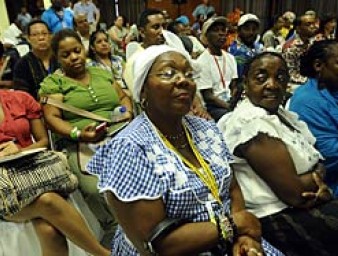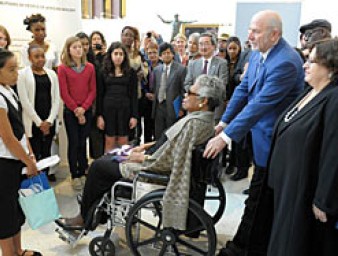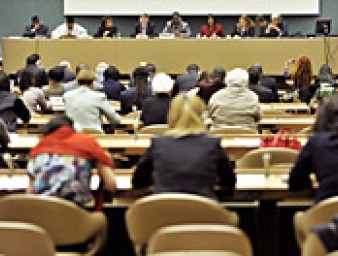Documenting the Black experience in Mexico
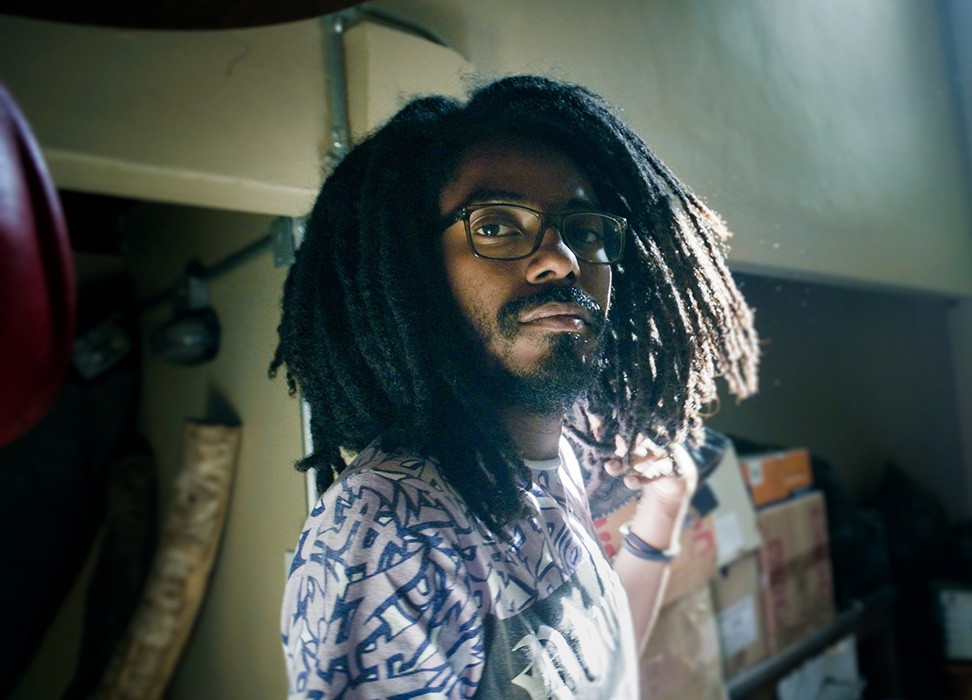
“I wanted to tell the stories of my family and my community,” said André Lô Sánchez, a 35-year-old filmmaker and photographer in Mexico City, Mexico. “I am a son of a Senegalese father and a Mexican mother. I didn't know about the Black movement here when I was a kid.”
During his youth, Lô Sánchez started to realize that he wasn’t seeing any black representation on social media or mainstream media, or inspiring Black role models he could look up to in Mexico. He felt this had to change.
“You start to feel sad sometimes because you feel alone,” he said. “This is when I started to realize that I need to tell these stories about the Black experience in Mexico.”
Lô Sánchez recently participated in the UN Human Rights Fellowship programme for people of African Descent, an intensive human rights training for people of African descent, from the diaspora, who are engaged in promoting the rights of people of African descent.
The filmmaker and photographer uses his art to elevate the issues of identity, visibility, and distinguished depictions of people of African descent in the media. Through these projects, he works towards the empowerment of people of African descent in Mexico.
“I am not only a Black person, although that is an important part of my existence,” he said. “However, it is very common to meet non-racialized people who believe that only we, as Afro descendants, have an identity. I think that if we discussed these concepts more, we could understand each other better.”
Lô Sánchez has these hard conversations about the experience of being a person of African descent in Mexico on TikTok, @loafb, and through Cardumen Lab, a collaborative artistic creation project with an anti-racist and social inclusion approach to tell positive stories about his community. He has developed educational training programmes grounded in an anti-racist approach for several social organizations, Afro-Mexican communities, activists, and Human Rights institutions.
As a filmmaker, in his short film, Coronas Negras, he was able to explore Black identity in Mexico through hair with his Senegalese Mexican family.
“Being able to share with my family from love, work and activism has been very important for my career,” he said.
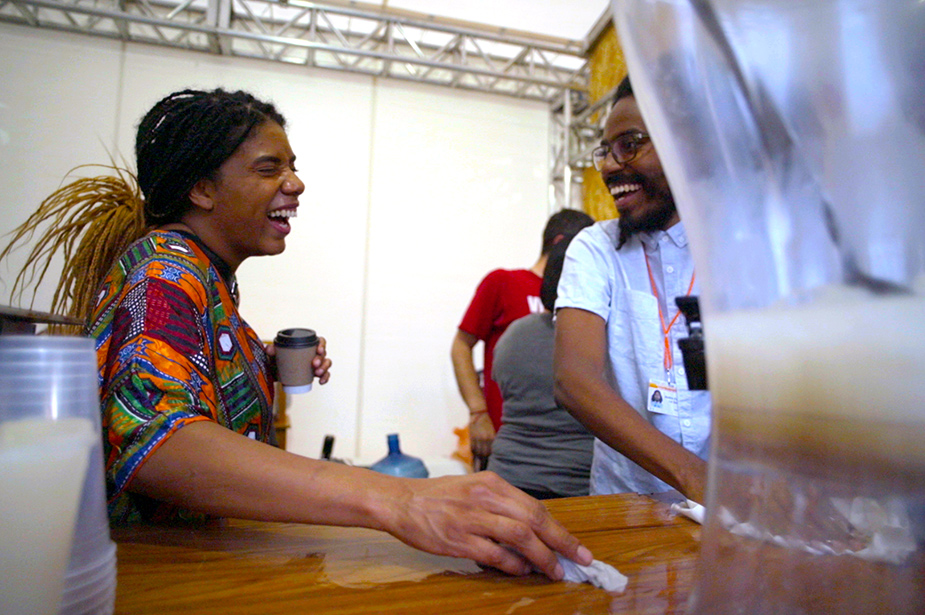
André Lô Sánchez avec sa cousine Seynabou Diédhiou Bello dans son film Coronas Negras. © André Lô Sánchez - @loafb
Learn, Speak Up, Act
Lô Sánchez also found the UN Fellowship programme for people of African Descent to be a unique experience because he was able to meet people in person with rich cultural backgrounds who had different points of view from various fields.
“It will enrich my work because when you enter a space where all the people think the same, it’s difficult to learn new things,” he said. “But when you enter spaces with diversity, you are more open to learning new things.”
Lô Sánchez also credits the Universal Declaration of Human Rights as a tool he turns to when he thinks about diversity and equality. One article that resonates with him deeply is Article 9, which states that no one shall be subjected to arbitrary arrest, detention, or exile.
“Every year, police brutality is escalating in most countries against people who are in a situation of vulnerability. In Mexico, we now have a lot of migrants who are Black, and they are suffering a lot because of that,” he said. “It’s too difficult for me to travel because I’m always afraid that a migration agent would detain me or be rude to me just because I’m Black.”
This fear stems from his prior experience traveling throughout his country two years ago.
“A Mexican Federal Police agent detained me and my friends because we were Black. He told us that the order of the government was to detain all people that looked like us because we looked like migrants,” he said. “We need to stop racial profiling not only for Afro descent people, but for all the people in the world.”
*This story is part of an occasional series of stories of individuals or organizations that stand up for human rights. The views expressed do not necessarily reflect the position and opinions of UN Human Rights.
